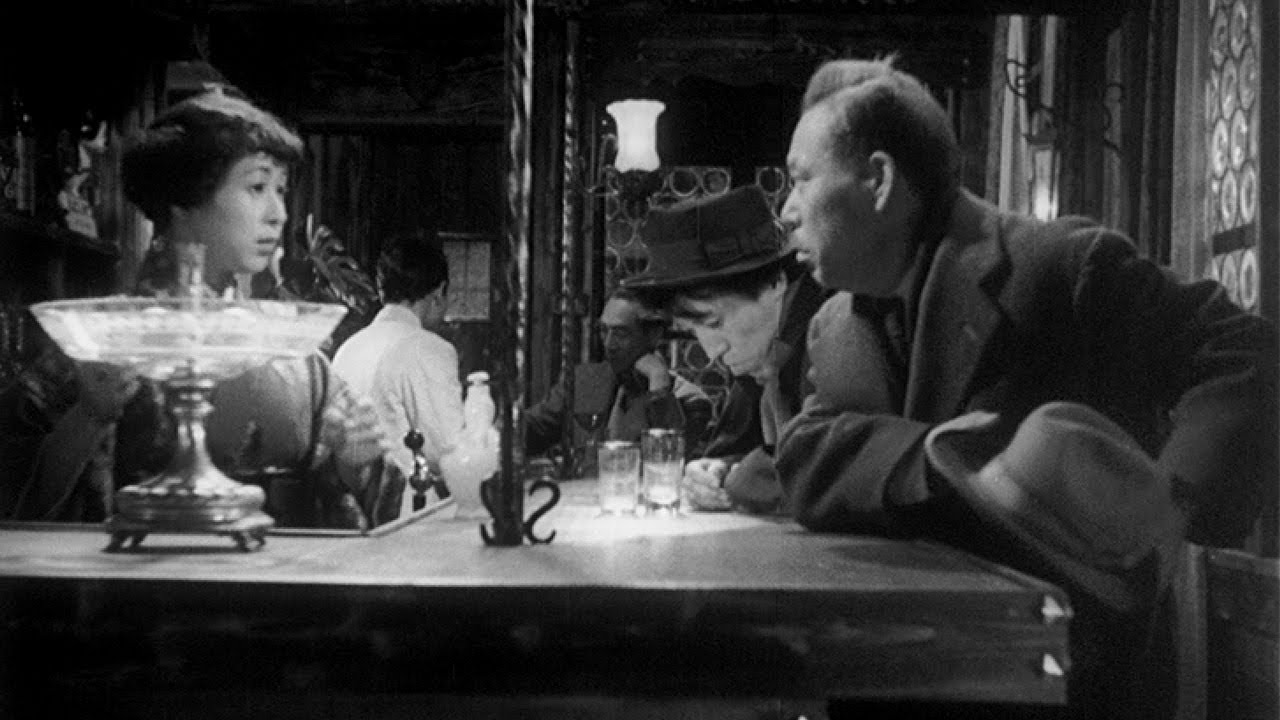By Chlotrudis Independent Film Society
Rating: 5 cats
Director: Akira Kurosawa
Starring: Bokuzen Hidari | Haruo Tanaka | Miki Odagiri | Minoru Chiaki | Shin'ichi Himori | Takashi Shimura

Country: japan
Year: 1952
Running time: 143
IMDB: https://www.imdb.com/title/tt0044741/reference
Michael says: “I’m on a bit of a movie binge, partly due to the Brattle Theatre’s most excellent podcast, which I should have started listening to over a year ago. But it is inspiring me to catch up on a wide array of films that I’ve never just gotten around to seeing. Recently I dove into Akira Kurosawa’s IKIRU. I’m a fan of Kurosawa’s; RASHOMON is one of my all-time favorite films, but I haven’t seen a whole lot of them, and IKIRU is often exalted as one of his best. The praise is definitely well-deserved. It’s a simple story about Kanji, an aging man in a bureaucratic job in City Hall, whose wife has died, and who allows his job to consume him. He lives with his son’s family, but their relationship is strained. At a doctor’s visit, Kanji learns that he has terminal stomach cancer and probably has less than a year to live. He stops coming to work, and has a brief phase where he is consumed with brief and bitterness, before meeting a man in a bar one night who takes him out on the town. Kanji realizes that he has neglected his own life over the years, and when he bumps into a former co-worker, a young woman who needs his official ‘stamp’ of approval so she can resign, he becomes enamored of her free-spirited love of life. Through their interactions, Kanji finds his purpose, and a way to fulfill himself for what time he has left.
